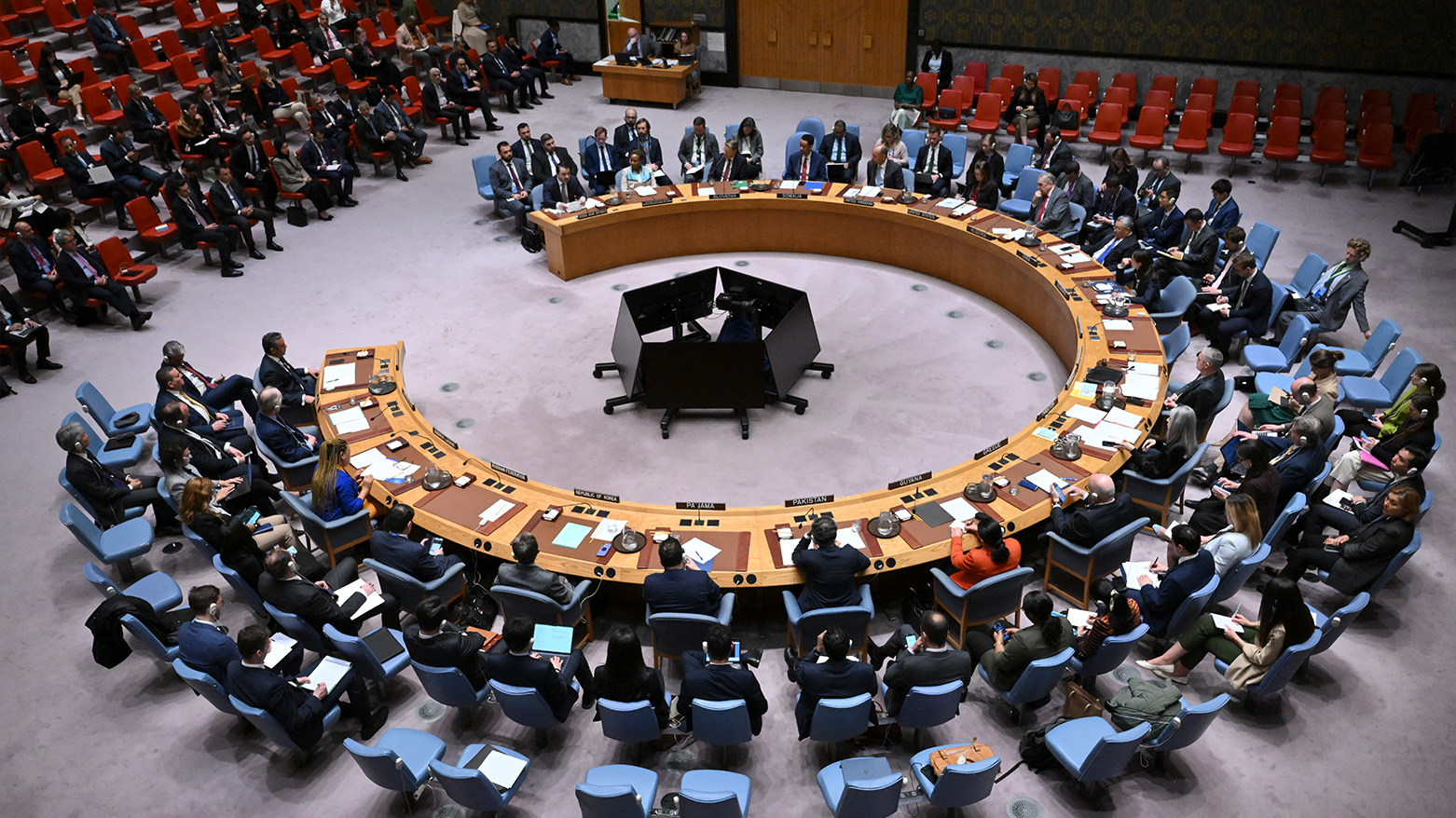Türkiye Urges Exclusion of PKK, YPG, SDF from Syria's Future
The Turkish envoy emphasized that groups like the PKK, YPG, and the so-called Syrian Democratic Forces (SDF) must have "no role" in Syria’s political future. "The future of Syria must not be held hostage by terrorist entities," Yildiz said, reaffirming Ankara’s firm stance.

By Kamaran Aziz
ERBIL (Kurdistan24) — In a firm and wide-ranging address to the United Nations Security Council on Friday, April 25, 2025, Türkiye's representative to the UN, Ahmet Yildiz, reiterated his country's strong opposition to any future political role for the PKK, YPG, and SDF in Syria. He also called for greater international engagement to support Syria’s post-conflict reconstruction and an immediate lifting of all sanctions.
Speaking during the Security Council session dedicated to Syria, Yildiz underlined that "the dangers of ISIS in Syria are significant," and warned that recent Israeli military strikes inside Syrian territory had created an environment conducive to the resurgence of extremist groups. "These acts violate Syrian sovereignty and pose a serious threat to regional peace and security," Yildiz emphasized, according to a report by Anadolu Agency.
The Turkish envoy made it clear that terrorist groups such as the PKK, YPG, and their political-military umbrella organization the so-called Syrian Democratic Forces (SDF) must have "no role" in Syria’s political future. "The future of Syria must not be held hostage by terrorist entities," Yildiz said, stressing Ankara’s unwavering position.
In addition to security concerns, Yildiz addressed Syria’s ongoing humanitarian and economic crisis. He noted the "noteworthy progress" made by the new Syrian administration since the fall of the Bashar al-Assad regime. Highlighting milestones such as the successful convening of the National Dialogue Conference, the announcement of a Constitutional Declaration, and the formation of a technocratic Transitional Government, Yildiz described these developments as significant steps toward a "Syrian-owned, Syrian-led political transition" that reflects the aspirations of the Syrian people.
However, sustaining these political achievements would require international support. Yildiz called on the global community "to actively support reconstruction efforts and, critically, to lift sanctions without delay." He emphasized that sanctions were hampering the Syrian people's recovery and the country’s broader political stabilization efforts.
Regarding recent political developments, Yildiz acknowledged the ongoing implementation of the agreement between Mazloum Abdi, a prominent Kurdish military figure in northeastern Syria, and Ahmed Shara, the new President of Syria. Türkiye is "closely monitoring" the steps being taken to implement this agreement, he said, without elaborating on Ankara’s concerns but making it clear that any arrangement empowering PKK-linked groups would be unacceptable to Ankara.
Türkiye’s position comes as the broader international community continues to wrestle with how best to support Syria’s fragile transition while countering residual terrorist threats and addressing humanitarian needs. Yildiz reiterated that Türkiye "remains firmly committed to supporting the Syrian people in overcoming the challenges of this new chapter" while safeguarding regional stability and security.
The Security Council meeting reflected the growing urgency among international actors to clarify their positions on Syria’s future, as the country’s post-war reconstruction phase becomes increasingly entangled in competing political, strategic, and security interests.
